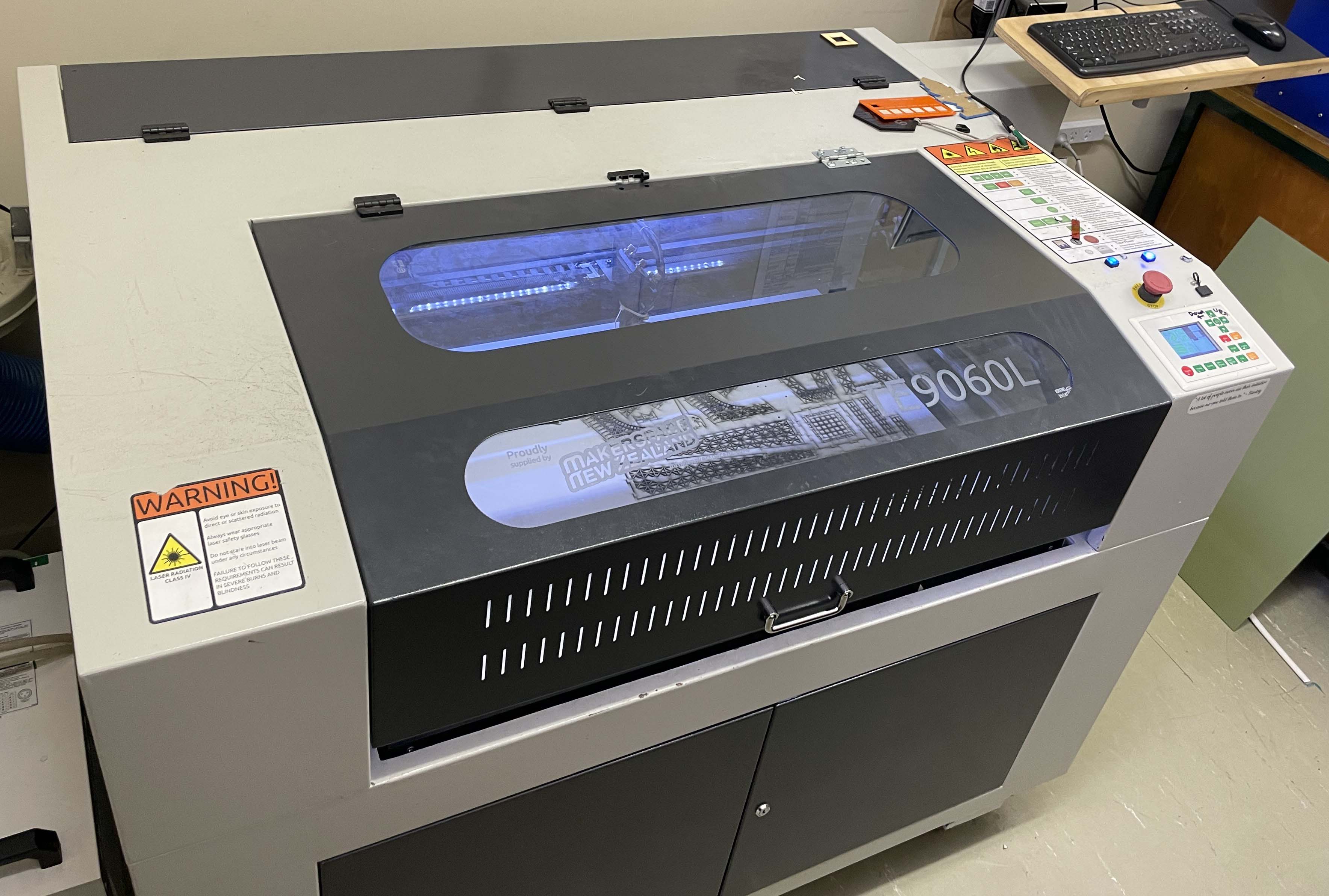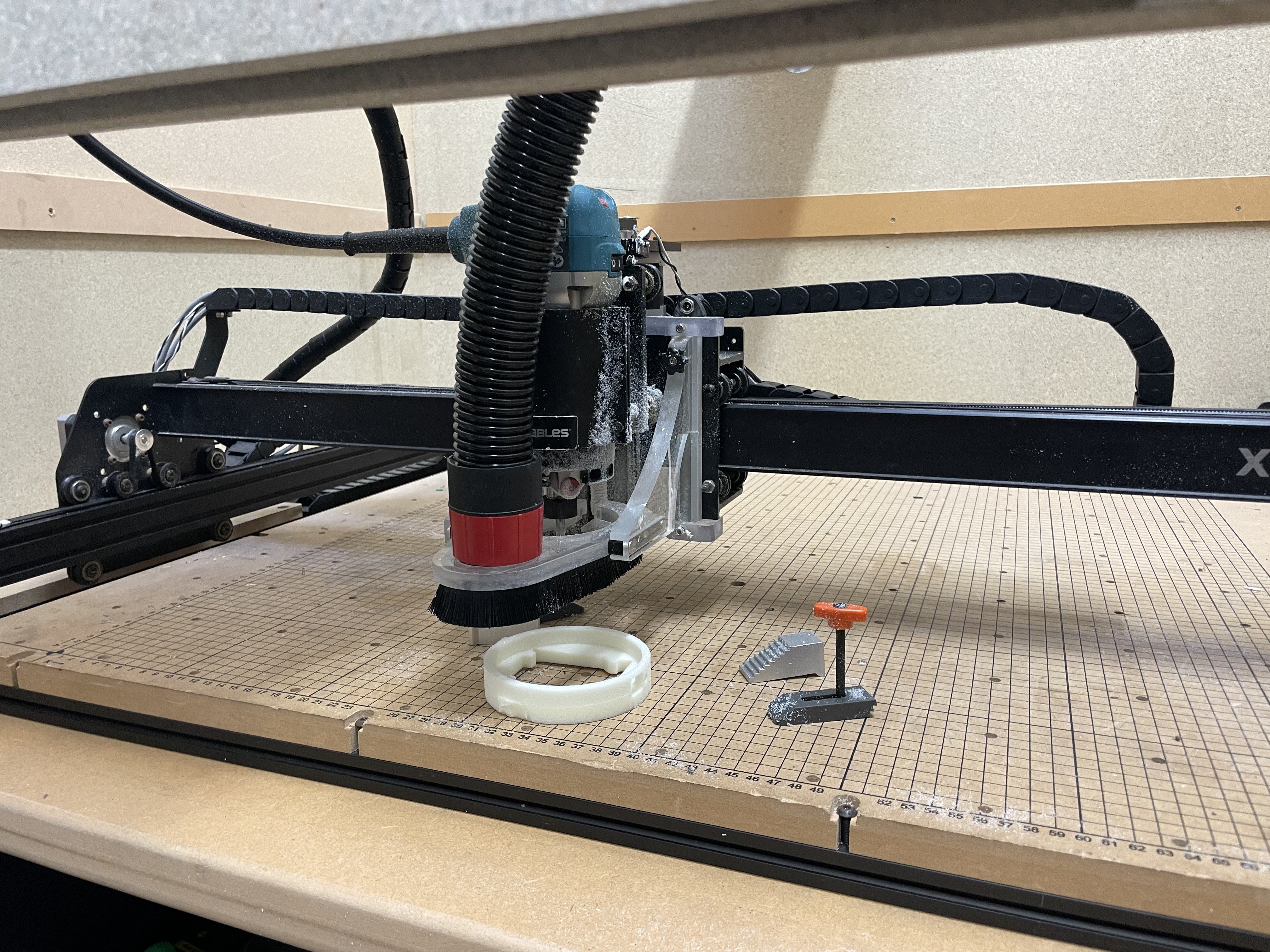NCEA Level 3 Digital Technologies - Computer and Electrical Engineering
Course Description
Students are able to take more than one Digital Technology course. Each course counts as a unique domain for University Entrance. For example students taking Computer and Electrical Engineering and Interactive Game Design would count as 2 separate University Entrance Domains.
This course has a NZQA Scholarship option
NCEA Level 3 Digital Technologies - Computer and Electrical Engineering
This is a Digital Technologies course for students wanting to specialise in designing, modifying, hacking, and creating digital hardware, electronics and infrastructures. This course will encourage students to understand how modern computer-controlled electronic devices work by building and programming their own. It will also allow students to explore the world of networking and computing infrastructures. This is a practically focused STEM based course, with students learning about programmable electronic devices like the Arduino and Raspberry Pi, and how they can be used to monitor and control the world around them, as well as how the systems identify and communicate effectively.
Any student will have the opportunity to enter this course (regardless of their current knowledge or skill sets), as the course will initially focus on developing the required skills. Students will then develop a project based on their interests and abilities and apply those practical and problem-solving components. These outcomes can be put forward for Science Fair or other Technology Competitions. Students will also have field trips to the University of Canterbury and/or Ara Institute of Technology to supplement their learning in authentic environments. The course will also include other skills like design construction, PCB manufacturing, 3D printing and 3D modelling, electronics, programming, computer system assembly and embedded systems.
This course will develop time-management, organisational, communication and electronic design skills. Students are expected to work both individually and in groups as well as participating in extension activities and outside the classroom learning opportunities. Assessment will be tailored to the learning the students undertake.
The students have access to a separate dedicated Electronics Lab

Students have access to Laser cutters, 3D Printers, Vacuum Formers and CNC machining.






Contributions and Equipment/Stationery
Project costs are estimated at $50. Students wishing pursue options with more expensive components will need to fund or source these themselves.
Students need to supply there own batteries, headphones, USB key and SD card.
Pathway
Students who complete this course have a clear pathway to Electronics, Programming or Engineering. Students who choose to have a focus on programming will also have a pathway to Software Engineering and Computer Science.
Credit Information
You will be assessed in this course through all or a selection of the standards listed below.
This course is eligible for subject endorsement.
This course is approved for University Entrance.
External
NZQA Info
Digital Technologies and Hangarau Matihiko 3.1 - Conduct a critical inquiry to propose a digital technologies outcome
NZQA Info
Digital Technologies and Hangarau Matihiko 3.5 - Use complex techniques to develop an electronics outcome
NZQA Info
Digital Technologies and Hangarau Matihiko 3.8 - Use complex processes to develop a digital technologies outcome
NZQA Info
Digital Technologies and Hangarau Matihiko 3.10 - Present a reflective analysis of developing a digital outcome
 Burnside High School
Burnside High School